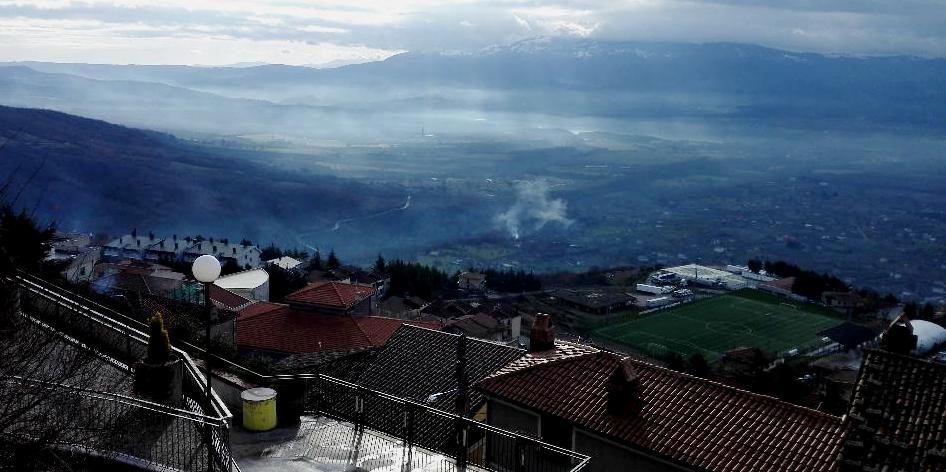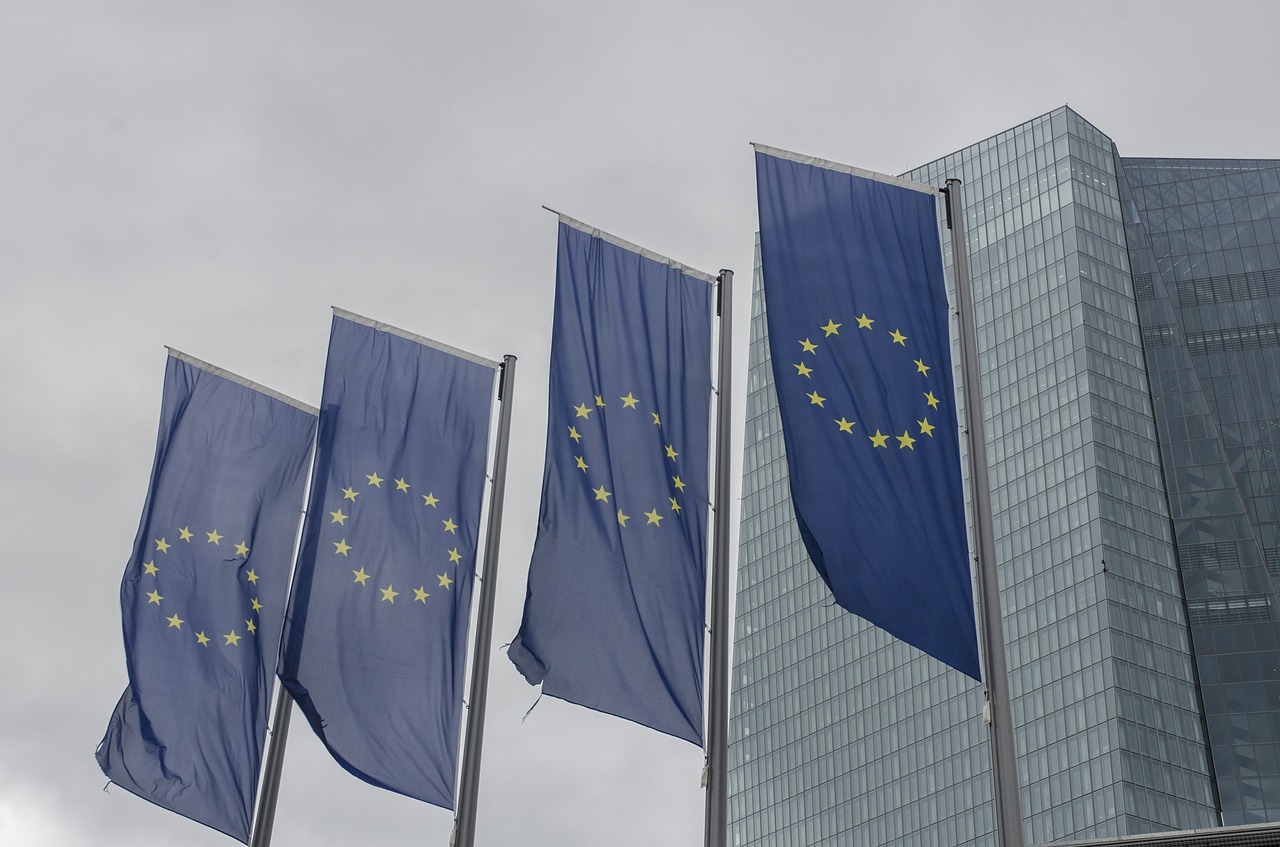Oil extraction in Italy and “collateral” damage0
- Environment and Energy, Op-ed
- 21/03/2018
The hydrocarbon sector threatens health and environment in Italy, but fossil fuels continue to be the cornerstone of the national energy policy.
READ MORE
The hydrocarbon sector threatens health and environment in Italy, but fossil fuels continue to be the cornerstone of the national energy policy.
READ MORE
Inequality is rising, wages are declining, local businesses are dying, and poverty remains; resources are being exhausted and climate change is destroying ecosystems whilst increasing the magnitude of natural disasters. Meanwhile, international trade deals that exasperate all of these problems continue to be agreed behind closed doors. In the name of profit, power and domination, the world’s rich elite continue to ensure our planet’s resources and wealth remain monopolised in their hands whilst presenting us with a glossy façade of global trade deals as essential for our prosperity. It is against this backdrop that voices have been raised in Malaysia, demanding trade agreements incorporate a radical, pro-people, pro-environment ‘people’s charter’.
READ MORE
How much would it cost if we had to pay for the clean air that forests provide? For the groundwater filtered by natural soils? For the beautiful setting of the ocean when on holiday? How would businesses and national economies compare if we looked beyond the GDP, towards intangible environmental services? Natural Capital Accounting (NCA) has the answers, but its pioneers need to communicate what it’s all about to ensure implementation.
READ MORE
Rewilding is a novel conservation approach that aims to allow nature to manage itself, free from human influence, thus allowing it to return to a ‘wilder’ state. It’s an appealing idea – but what would this mean in practice?
READ MORE
In December 2017 the European Commission published its proposal for the establishment of a European Monetary Fund (EMF) that should prevent a re-run of the 2010-12 sovereign debt crises. The proposal is part of a wider reform debate which could potentially lead to a revision of the EU fundamental Treaties. Nonetheless, member states still hold different positions on the matter and squaring the circle of their diverging interests will be a tough task.
READ MORE
On December 6th last year, Luxembourg announced the draft law regarding beneficial ownership registration which will implement articles 30 and 31 of the Fourth Anti-Money Laundering Directive into the national legislation. By introducing such a law, the European Directive 2015/849, otherwise known as the Fourth Anti-Money Laundering Directive, tackled a serious problem in the fight against tax evasion and money laundering. The ultimate question: how much money is being hidden away?
READ MORE



